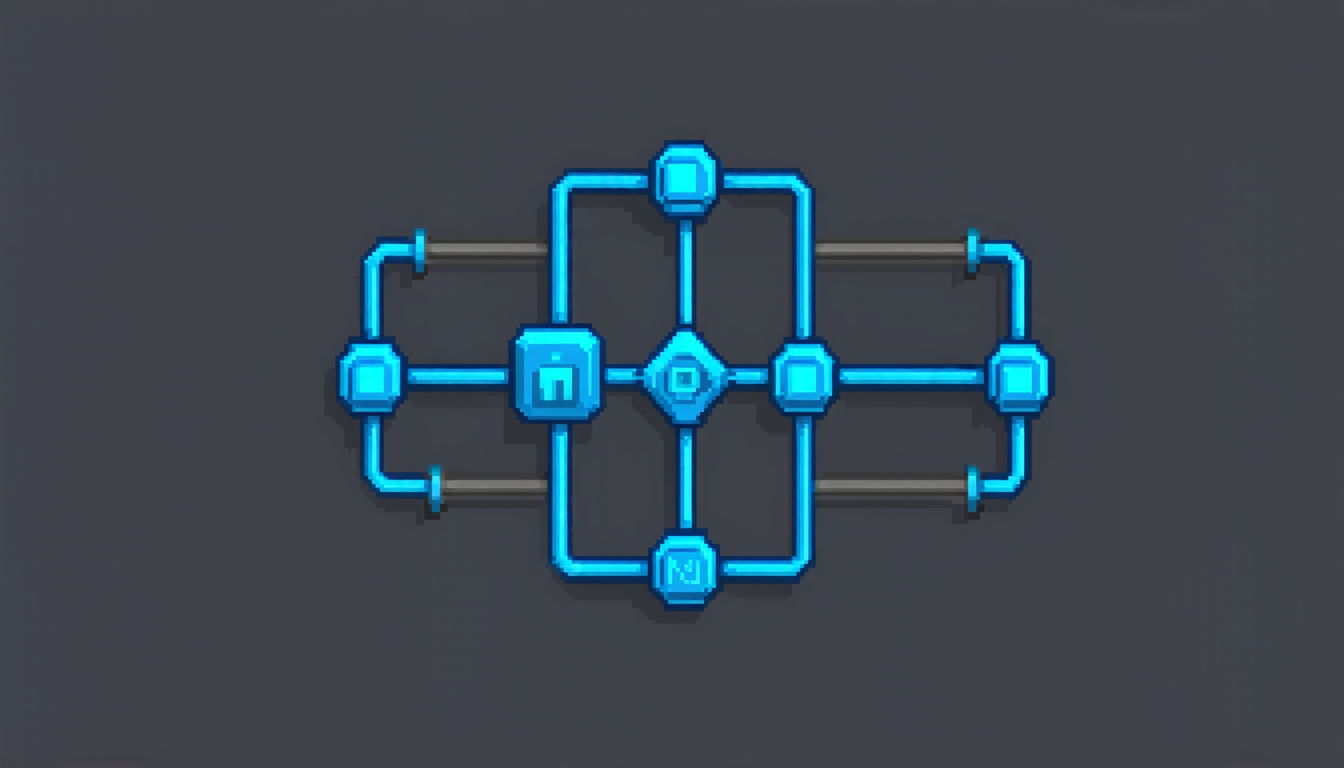Friday 01 August 2025
The quest for a quantum computer has been ongoing for decades, and scientists are making significant progress in building one that can solve complex problems quickly and efficiently. A recent paper provides a roadmap for achieving this goal by focusing on performance as the driving force behind its development.
Currently, researchers have made strides in increasing the number of qubits – the fundamental units of quantum information – but these advancements have come at the cost of decreased accuracy. To overcome this challenge, scientists must develop a better understanding of how to control and correct errors that occur during calculations.
The paper proposes a four-phase approach to building a quantum computer. The first phase focuses on developing smaller-scale devices that can perform simple calculations with high accuracy. As the technology advances, the second phase will involve scaling up the number of qubits while maintaining error rates. In the third phase, scientists will work on creating larger-scale devices that can tackle more complex problems.
The fourth and final phase will see the development of a large-scale, fault-tolerant quantum computer capable of solving complex problems quickly and accurately. This is the holy grail for researchers working in this field, as it would enable them to tackle problems that are currently unsolvable with classical computers.
One of the key challenges scientists face is dealing with decoherence – the loss of quantum information due to interactions with the environment. To combat this, researchers have developed innovative methods such as using superconducting circuits and fluxonium qubits, which can maintain their coherence for extended periods.
Another significant hurdle is the need for high-quality materials that can withstand the extreme conditions required for quantum computing. Scientists are working on developing new materials that can operate at very low temperatures and resist decoherence.
The development of a large-scale, fault-tolerant quantum computer will require significant advances in several areas, including materials science, device design, and control techniques. However, with continued progress, scientists are optimistic about the potential for quantum computing to revolutionize fields such as medicine, finance, and climate modeling.
In recent years, researchers have made rapid progress in building quantum processors, with companies like IBM and Google leading the charge. These advancements have paved the way for further innovation and have brought us closer to achieving a large-scale, fault-tolerant quantum computer.
The future of quantum computing is bright, and scientists are working tirelessly to overcome the challenges that stand between them and their goal. With continued investment and collaboration, we can expect significant breakthroughs in the years to come.
Cite this article: “A Roadmap for Achieving a Large-Scale, Fault-Tolerant Quantum Computer”, The Science Archive, 2025.
Quantum Computer, Qubits, Quantum Information, Error Correction, Decoherence, Superconducting Circuits, Fluxonium Qubits, Materials Science, Device Design, Control Techniques







